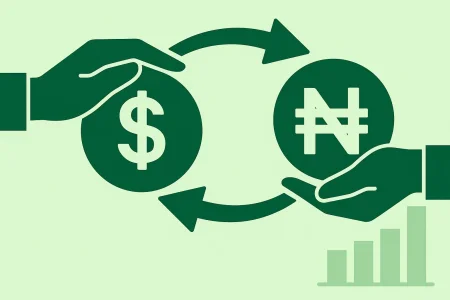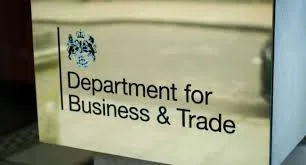
Nigeria's Central Bank Governor, Olayemi Cardoso, disclosed a staggering $1.4 billion revenue drop between 2015 and 2019 due to forex restrictions on 43 key items.
The revelation, made during a keynote address at the Chartered Institute of Bankers of Nigeria, highlighted a 51.0% increase in trade evasion during the restriction period.
The CBN had recently restored access to the foreign exchange window for these items after an eight-year ban.
The policy aimed to boost local production but led to increased pressure on the parallel market, soaring prices, and negative impacts on citizens' purchasing power.
Cardoso emphasized the adverse effects on revenue, tariffs, and inflationary pressures, sparking discussions on the policy's efficacy.




